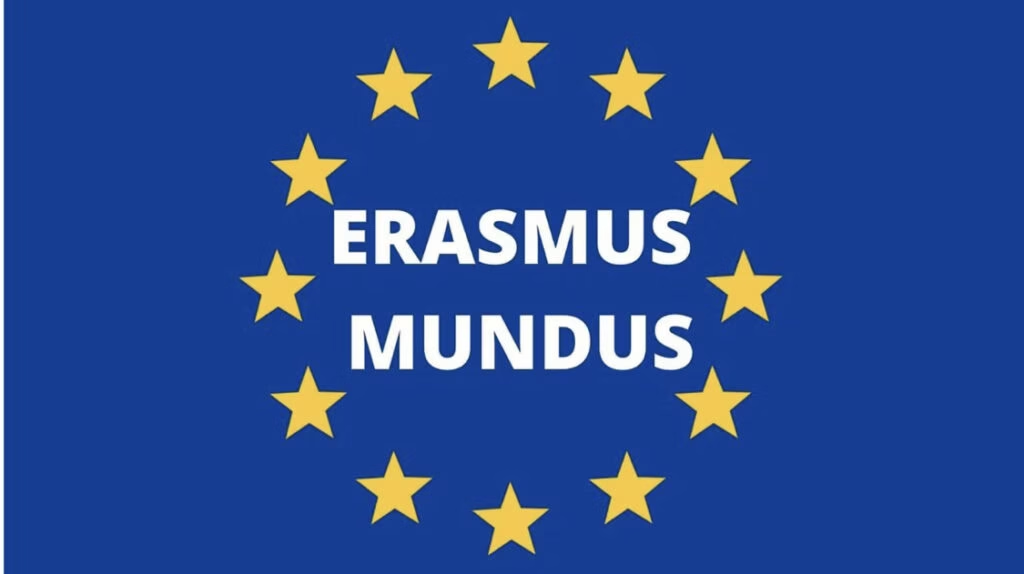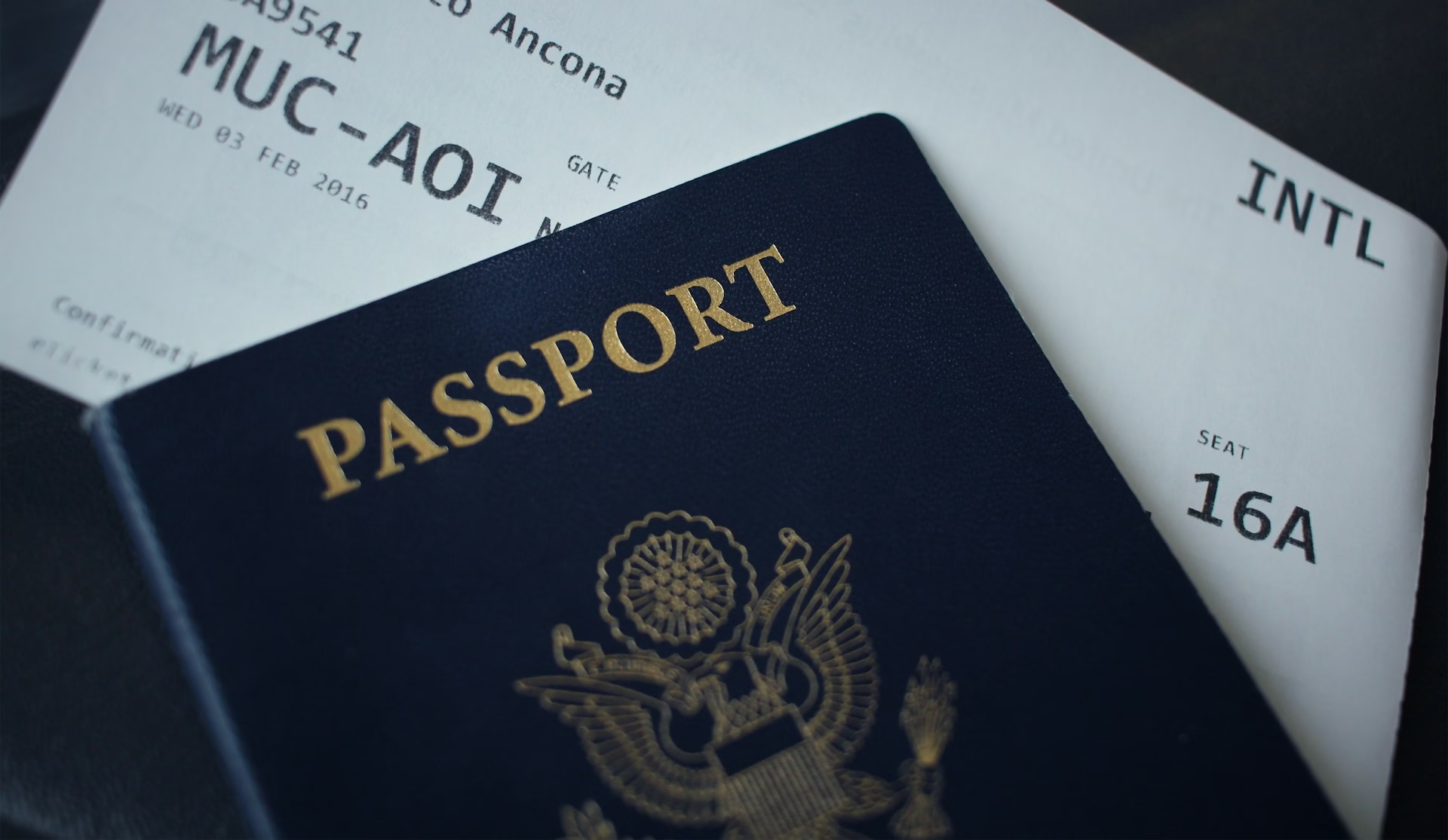Germany has emerged as one of the top destinations for international students seeking high-quality education, affordable tuition fees, and excellent career opportunities. Therefore, if you’re considering pursuing a Master’s degree in Germany, this comprehensive guide will walk you through every step of the process from eligibility criteria to visa requirements, ensuring you’re well-prepared for your academic journey.
Why Study in Germany?
Germany offers unparalleled advantages for international students, making it a preferred choice for higher education. Here’s why you should consider Germany for your Master’s degree:
✅ Tuition-Free Education – Most public universities in Germany charge little to no tuition fees, even for international students.
✅ Strong Economy & Job Opportunities – As the 3rd largest economy in the world, Germany provides excellent career prospects post-graduation.
✅ Post-Study Work Visa – Graduates can stay for up to 18 months to seek employment.
✅ Permanent Residency (PR) Pathway – PR is possible in just 21 months for skilled workers.
✅ Travel & Explore Europe – Germany’s central location allows easy travel across Europe.
✅ Part-Time Work Allowed – Naturally, students can work 20 hours per week while studying.
✅ Scholarships Available – Numerous funding options like DAAD and Erasmus Mundus support international students.

✅ English-Taught Programs – Over 1,000+ Master’s programs are taught in English.
Eligibility Criteria for Master’s in Germany
However, before applying, ensure you meet the following requirements:
1. Educational Qualifications
- Bangladesh & Similar Country Systems: Minimum 16 years of education (e.g., 4-year Bachelor’s or 2-year ADP/BSc + 2-year MSc).
- India & Similar Systems: Minimum 15 years of education.
2. Grade Requirements
- A minimum CGPA of 2.0 (on the German scale).
- Low CGPA? Don’t worry—strategies like applying to NC-free (non-restricted) courses or improving your IELTS score can help (more details below).
3. Language Requirements
- English-Taught Programs: IELTS 6.0+ or equivalent.
- German-Taught Programs: B2-level German proficiency (TestDaF/DSH).
4. ECTS Requirements
- Most universities require 180 ECTS (equivalent to a 4-year Bachelor’s degree in Bangladesh).
- Some may ask for 210 ECTS, requiring an extra semester.
9-Step Application Process for Master’s in Germany
Step 1: Check Your Eligibility
Ensure your degree meets the 16-year education requirement and ECTS criteria.
Step 2: Shortlist Universities & Programs
- Use DAAD.de to search for courses.
- Filter by language, field, and intake.
- Apply to 8-10 universities to maximize chances.

Step 3: Fulfill Language Requirements
- Take IELTS (6.0+ for English programs) or German B2 exams (for German programs).
Step 4: Prepare Documents
- Bachelor’s degree & transcripts
- Passport copy
- IELTS/TOEFL/German language certificate
- CV, Letter of Motivation (SOP), Letters of Recommendation
- All internship/work experience certificates (if applicable)
Step 5: Apply to Universities
There are 3 ways to apply:
- Direct Application (via university portal).
- Uni-Assist (for 80% of German universities).
- VPD (Preliminary Documentation) via Uni-Assist (required by some universities).

Step 6: Accept an Admission Offer
Compare universities based on:
- Course structure
- Location & job opportunities
- University ranking
Step 7: Book a Visa Appointment
- Bangladeshis: Book via German Embassy (Dhaka) [Current waiting time 2 years or more 😨]
“For Bangladeshis applying through the German Embassy in Dhaka: The current waiting time for appointments is over two years, which is incredibly frustrating. To address this backlog, I’ve emailed the Chief Advisor—I encourage you to do the same. Together, we can raise our voices against this unfair delay and push for a quicker resolution.”
- Other countries: Check local embassy procedures.
Step 8: Complete Visa Requirements
- Blocked Account (€11,208) or alternative funding (scholarship/sponsorship).
- Health Insurance (mandatory for visa).
- Visa Interview Preparation (common questions: Why Germany? Why this course?).
Step 9: Fly to Germany & Enroll
- Promptly, arrive before the semester starts.
- Complete university enrollment.
- Open a German bank account.
How to Get Admission with Low Grades?
If your CGPA is below 2.5, follow these strategies:
- Apply to Small/Medium Cities (less competition than Berlin/Munich).
- Target NC-Free (Non-Restricted) Courses (no admission limits).
- Apply Early (as soon as applications open).
- Score Higher in IELTS (6.5+).
- Write a Strong Letter of Motivation (SOP).
- Highlight Work Experience/Internships.
- Learn German (B1/B2) to apply for German-taught programs.
Advertisement:

Build a website with Hostinger get 20% discount.
Scholarships in Germany
1. DAAD Scholarship
- Funding: €934/month + health insurance + travel allowance.
- Requirements:
- CGPA >3.3
- 2+ years of work experience
- B2 German (for some courses).
2. Erasmus Mundus Scholarship
- Funding: €1,400/month + travel + tuition waiver.
- No CGPA requirement (low grades can apply).
- Study in multiple European countries.
3. University-Specific Scholarships
- Many German universities offer their own scholarships (check university websites).
Avoiding the Blocked Account Requirement
If you want to ignore depositing €11,208, consider:
✅ Applying for Scholarships (e.g., DAAD, Erasmus).
✅ Sponsorship (Verpflichtungserklärung) from a German resident.
✅ Work Visa (if you secure a job offer).
✅ PhD/Research Positions (funded programs).
✅ Vocational Training (Ausbildung).
✅ Family Reunion Visa (if your spouse is in Germany).
Student Visa Requirements
- Admission letter
- Proof of financial means (Blocked Account/Scholarship)
- Health insurance
- Visa application form
- Passport & photos
FAQs About Studying in Germany
❓ Can I work part-time?
Yes, 20 hours/week (€900-1,000/month).
❓ Can I apply without IELTS?
Some universities accept English Proficiency Letters, but 90% require IELTS.
❓ Is a Blocked Account mandatory?
Yes, unless you have a scholarship or sponsorship.
❓ Can I stay after graduation?
Yes, 18-month post-study work visa is available.
Final Thoughts
Germany offers a world-class education, affordable living, and strong career prospects. Hence, following this guide can help you avoid common mistakes and secure admission smoothly.
Advertisement:





Leave a Reply